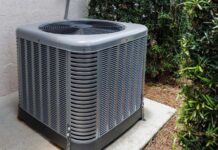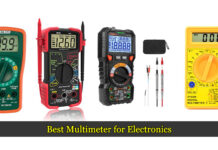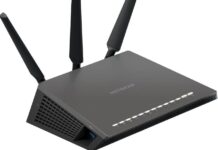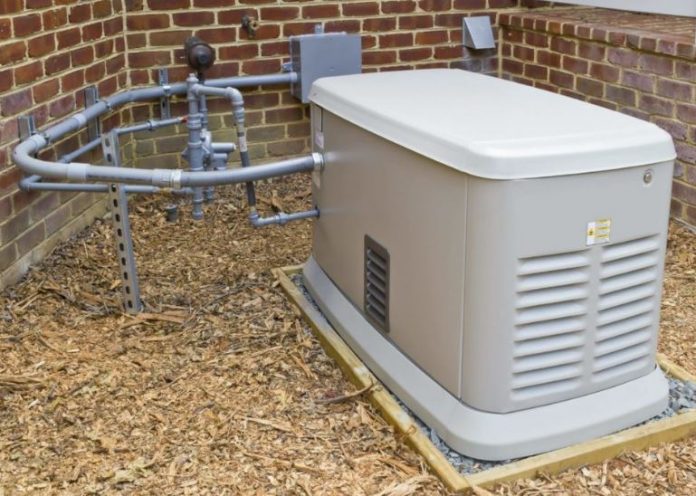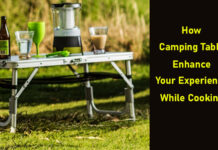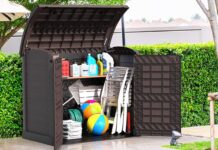Backup generators are not a modern savior of electricity. Generators have been around for a long time, but their popularity has risen slowly over time, and it’s not only used in hospitals, factories, and farms anymore; it has a place in our home as well.
Who among us hasn’t experienced a power outage? Depending on where you live, the power could be gone for hours or days. And the rise of temperatures and the sudden changes in the climate doesn’t make it easy for any of us.
Backup generators come in handy to ease our discomfort in situations like this and make it possible for us to go on about our days without missing a beat.
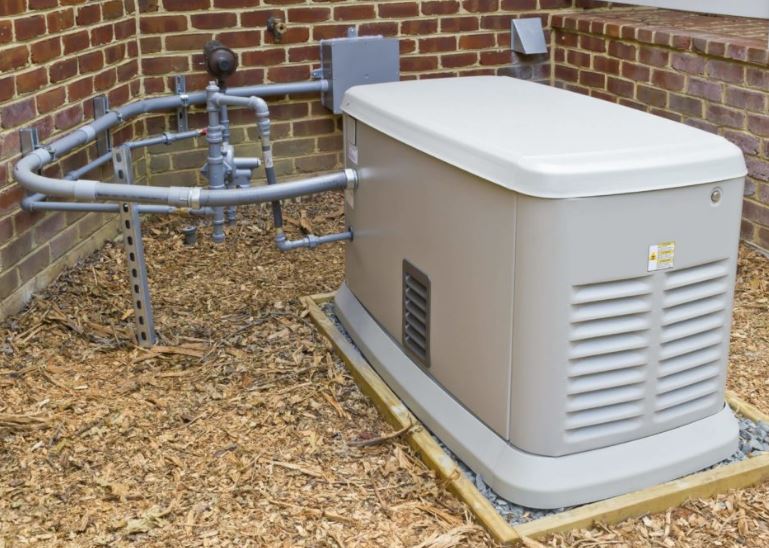
Before you decide to invest your money and time on a backup generator, you need to consider a few things: What suits your needs the most? What kind of generator is the best for your budget? How do you safely install it? These are just a few questions that need answering before you invest big into a long-term power solution for your home or office.
What to consider before you buy a backup generator
First, you need to consider your needs. How many appliances do you need to use during a power outage, and how many watts do they use?
For all of us who are not fluent in this lingo, a watt is the measure of electricity, and if you know how many watts your appliance uses, you will know how much electricity the appliance needs to be functional. This information is crucial as this calculation of watts will tilt you towards taking the decision of purchasing the best generator based on your need.
You can usually find all the information you need about the watt usage in the owner’s manual that comes with every appliance. Don’t forget to take into account any surge watt and rated watt.
The next thing you need to consider is what kind of generator is right for you – standby, portable, or an inverter. Standby generators are by far the best option out of the three; they are powerful enough to run an entire home, and they turn on automatically and instantly.
The downside is you will need a professional to install it, and that can be considered an added expense outside your budget. The cost usually depends on the size and how easy it is to install the generator.
The other two options are portable and inverter. Portable generators are very easy to install, but they can run only a few appliances at a time. Inverters are also portable generators, but they are lighter versions compared to regular portable generators.
The next thing you need to consider is what type of generator you want to buy. There are 8 types of generators out in the market, and each has its advantages and disadvantages. Seven out of eight are electric, and the most popular and widely available are gasoline and diesel-fueled-powered generators.
Gasoline is easily available, but you need to keep a backup of at least 5 gallons on hand. Diesel-powered backup generators are great in operation, but they are too large and are not portable. List all of your needs and carefully craft your budget to find yourself the best option.
See also: 6 Best Camping Generators (Portable Inverter Generator)
What to consider after you buy a backup generator
Choosing the right backup generator is half of the battle. The next part is crucial: installation. Before you install your backup generator, you need to go through all the instructions in the operating manual and know all the local building codes by heart.
This is very important for the placement of your generator and especially for safe electrical connections. Without proper guidance, there is a chance of carbon monoxide poisoning and electrocution.
One thing you need to keep in mind is that it’s not safe to connect your generator directly to your home’s electrical system. You need an isolation device, a switch that can disconnect the power lines of your home when the generator is working, and vice versa. Without an isolation device, there’s a high chance of fire and electrocution from the wiring. Therefore, it’s best to hire a licensed professional to install both the isolation device and the generator to avoid any dangerous situation.
There are a few things you need to consider when you decide the placement of your generators. Every operating manual will advise you to place your backup generator outside of your home, far from windows, vents, and doors. It cannot be stressed enough how important this is for the safety of you and your family.
The direct exhaust should also be pointing away from windows, vents, and doors. Not just your home, so don’t keep your backup generator in any enclosed space like the garage or the shed. This is important to avoid a slow buildup of carbon monoxide. Install a CO detector as a safety measure.
Some safety tips to follow when operating your backup generator are:
- Make sure to place your generator on a level, dry surface. It’s imperative that no puddle can form under the generator or there is no chance of water draining around it.
- You should never touch the generator with wet hands – always dry them; for added precautions, wear protective gloves.
- You need to follow certain bits of advice from the operating manual on how to protect the generator from moisture.
- Don’t ever plug your backup generator into a wall electrical outlet. This is known as back feeding, and not only would you be in danger of electrocution but also your neighbor and any utility worker who is doing his job around your area that’s served by the same circuit.
- Use extension cords that are designed for outdoor use.
- Don’t store the fuel for your generator inside your home. These fuels are highly flammable.
- Always turn off your generator, and let it cool down for five minutes before you remove the fuel cap to refuel it.
Last Words
Backup generators are long-term investments that come with a lot of careful handling. Accidents can happen anytime and anywhere if we are not too careful. But with the right instructions and installation, a backup generator can become your savior.




